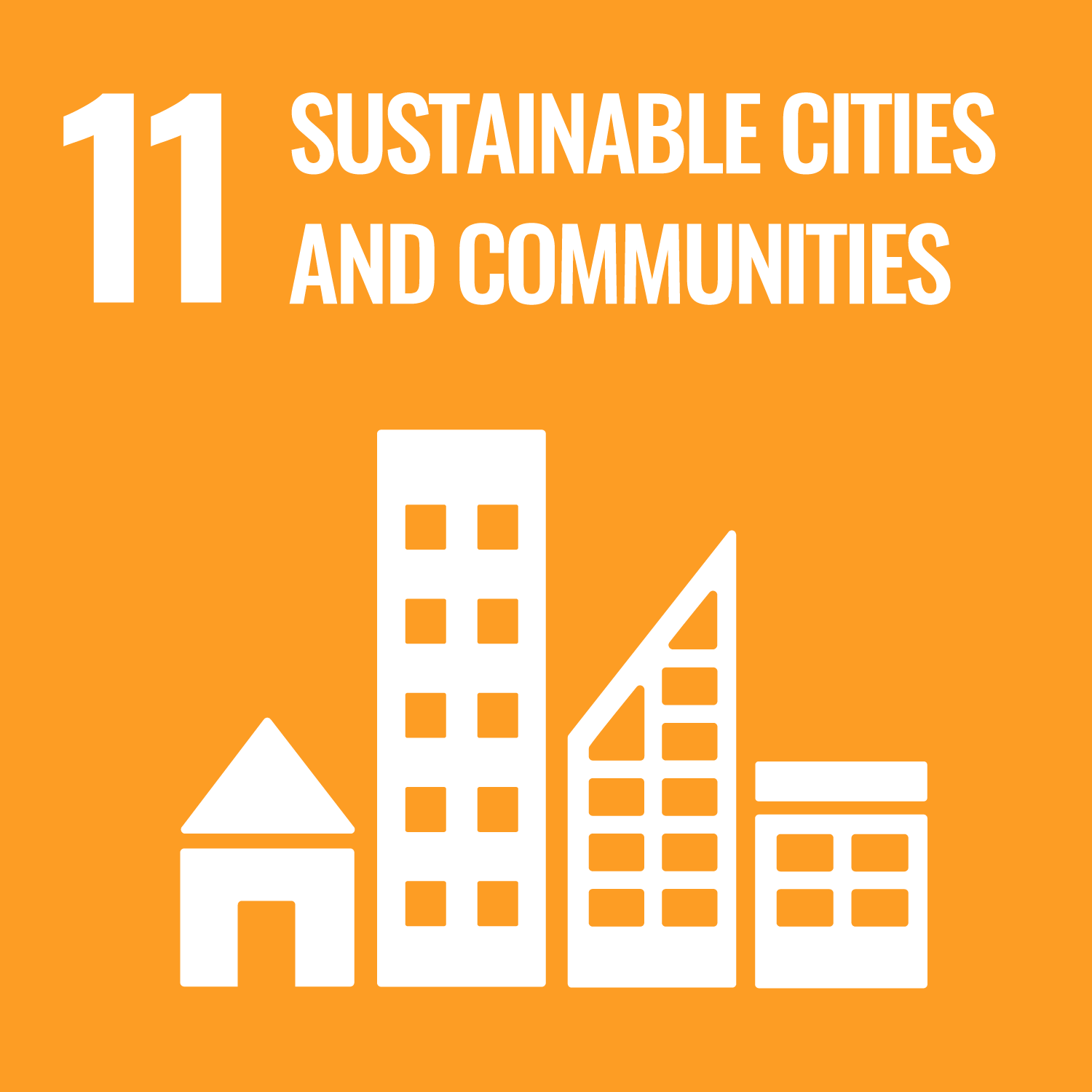Oshima Kita High School as a seed bank
Pedagogy Faculty of Education practice-field
Ryuno Miyo/Motomura Hiroyasu/Hidaka Michio/Nakano Hatsunori
- amami
Background and objectives of activities
In the Sani community of Kasari Town, Amami City, traditional vegetables unique to the area are cultivated and used, and they have contributed greatly to the development of local culture through the lives and upbringing of local residents. However, due to the cultivation of commercial varieties that emphasize economic efficiency after the war, and the sharp decline in the number of producers due to the aging population and low birthrate, these traditional vegetables are now on the verge of extinction. The aim of this project is to preserve and pass on these diverse and valuable genetic resources, while also utilizing them in practical food education programs, in order to protect and pass on traditional regional and lifestyle cultures to future generations without losing them.

Summary of Activities
[Discovery, research, collection and preservation of traditional vegetables] We will collect the traditional vegetables that remain in the Sani community, and while clarifying their cultivation characteristics and evaluating their genetic resources, we will also analyze the historical and cultural background from a folklore perspective, including the recipes for event and traditional foods made from the crops we have collected and the roles they have played in the community. Food Education Program: A food education program using traditional vegetables as learning materials, with agricultural and ethnological considerations, will be implemented in the “Aman Day” comprehensive inquiry time at Kagoshima Prefectural Oshima Kita High School.
Expected Benefits
By implementing this research's food education program, not only will students deepen their understanding of local produce, but they will also be able to improve their food awareness and deepen their attachment to the local area by feeling a sense of achievement and accomplishment. In addition, by having local people participate in the students' activities, it will be possible to build a system in which both the local community and the school support each other. By having the school play a central role in protecting and passing on the rich and diverse local food culture to future generations, many benefits can be expected, such as the promotion of local industry and the revitalization of the local area.
















